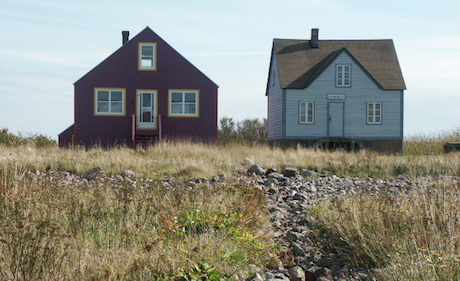[ad_1]
What’s Nearby?
The Practice:
Love your neighbor.
Why?
This practice might sound extreme or pushy, and I want to tell you what I mean by it.
Everyone has lots of neighbors, and they come in many shapes and sizes. Obviously, the people living across the street are neighbors, but in some sense, so are the people you live with. Friends, relatives, co-workers, all the people you know are neighbors. So are the people at the market or walking past on the street. Other living things are neighbors as well, such as cats and dogs, birds and bees, ants on the kitchen counter, and plants and trees.
There’s also a neighborhood inside each of us. The human body contains about 100 trillion cells – and at least as many microorganisms that are neighbors, too. Plus consider your mind. My own mind is like a village with many characters at different stages of biological and psychological evolution, chatting or arguing with each other. All the parts of your mind – the pushy internal critic, the playful child, the longing for lasting happiness, the calm voice that talks you off the ledge – are neighbors of a sort.
In the largest sense, the neighbors of your neighbors are your neighbors, which means that every living thing is your neighbor – and mine. Wow. Walt Whitman got it right when he wrote: “I am large, I contain multitudes.”
What should we do with our neighbors? Ignore or hate them? Or recognize and love them?
The latter is sure more moral – as well as much wiser in terms of cool clear self-interest. Mess with your neighbors, and they will mess with you. Treat your neighbor with respect and goodwill – in a word, with love – while also standing up for your own fences, needs, and rights . . . and you’re most likely to build a lasting peace with them, with benefits for both of you.
The value of loving our neighbors is true at all scales. As you may know, the longer quotation I‘m drawing on comes from both the Old and New Testaments of the Bible, in which it is said, ”Love your neighbor as yourself.” I understand this as both moral instruction and a clear statement that what we do to our neighbors we do to ourselves.
If you hate or push away parts of yourself, they go underground and get smelly; the mind is like a septic tank, not a flush toilet. If you are a bad neighbor to people you know, you burn bridges and end up alone. In terms of your country and world, as Gandhi said: “An eye for an eye only ends up making the whole world blind.” And if humans drive neighboring plant and animal species into extinction, we poison the wellsprings of our own survival.
[ad_2]
www.rickhanson.net







